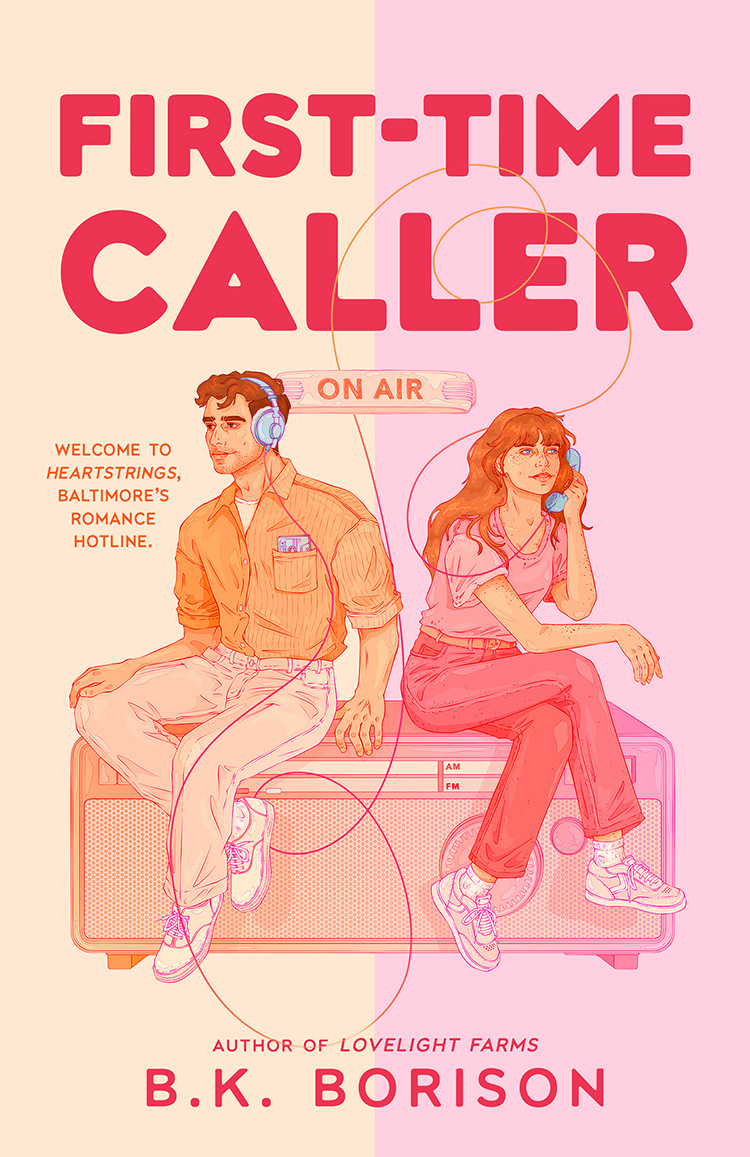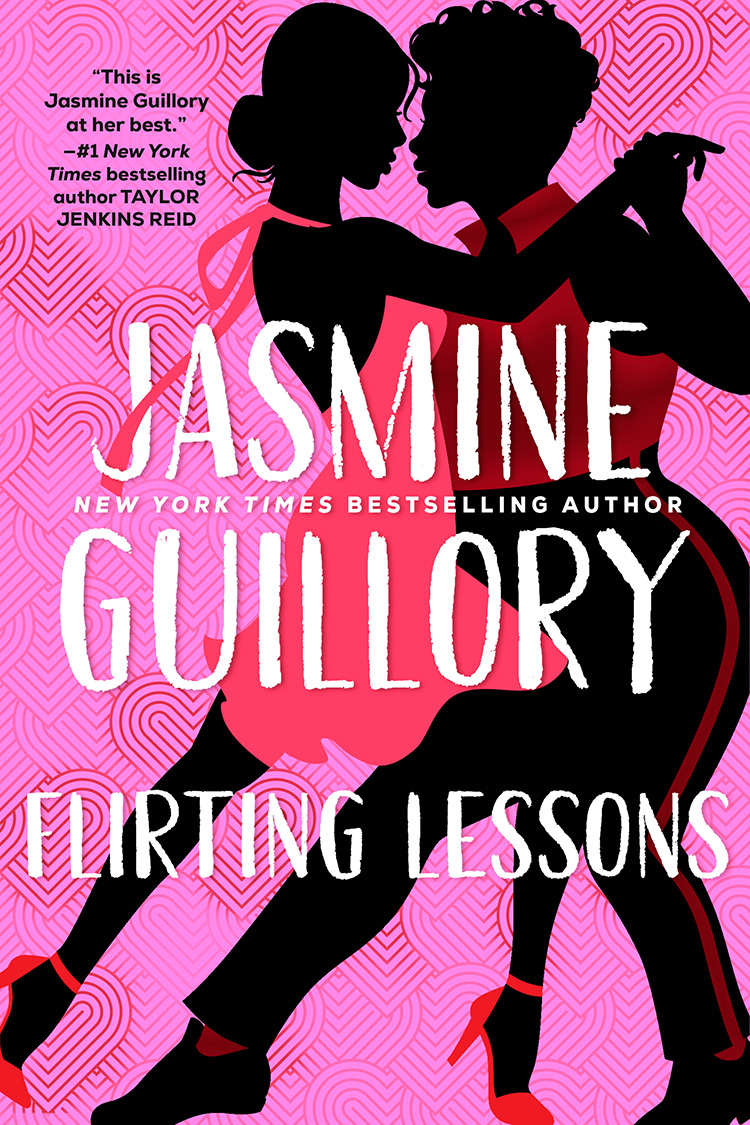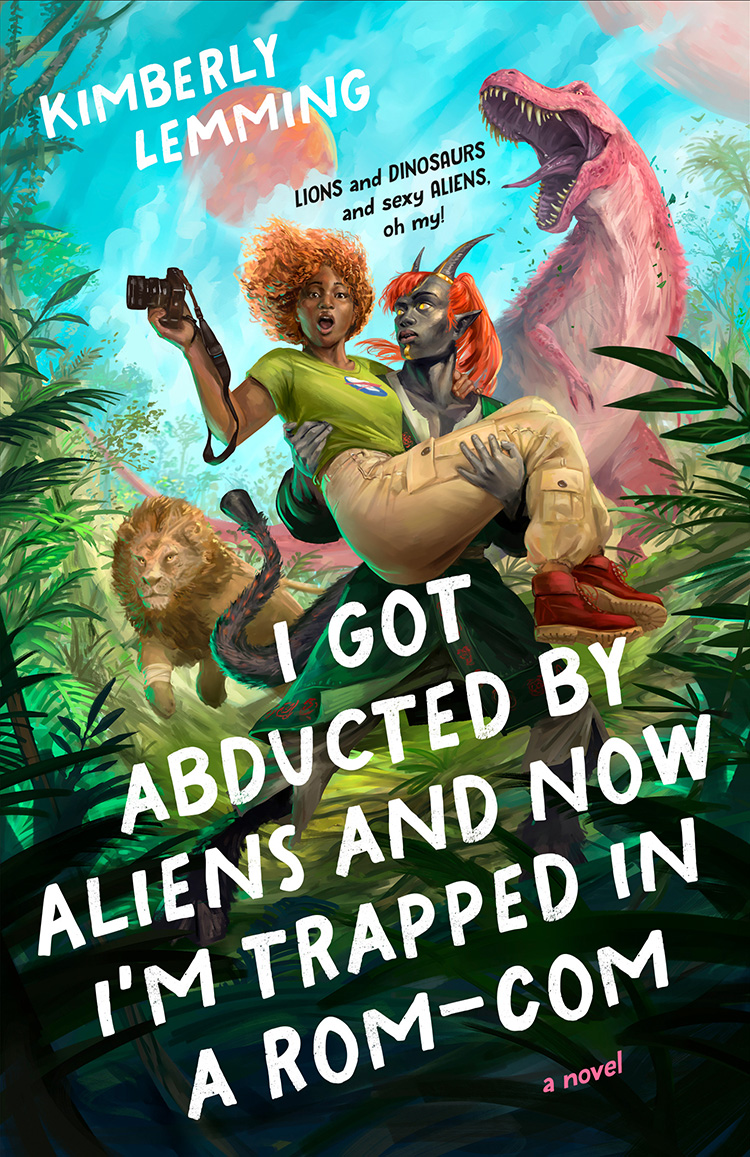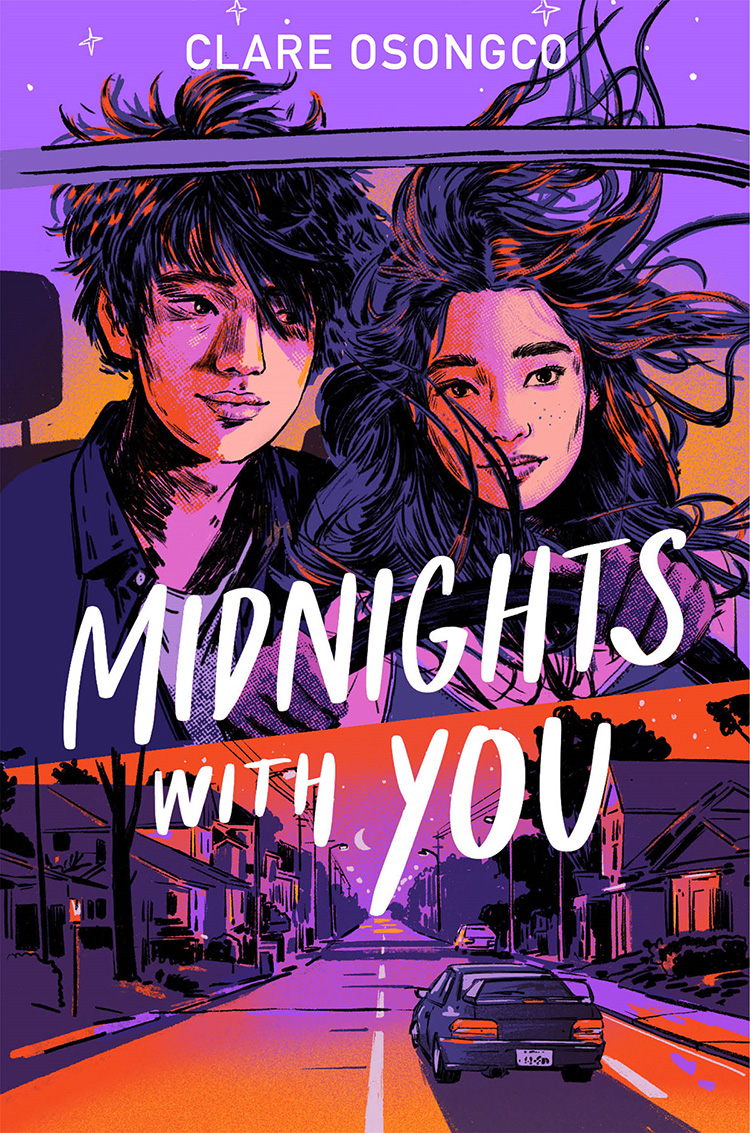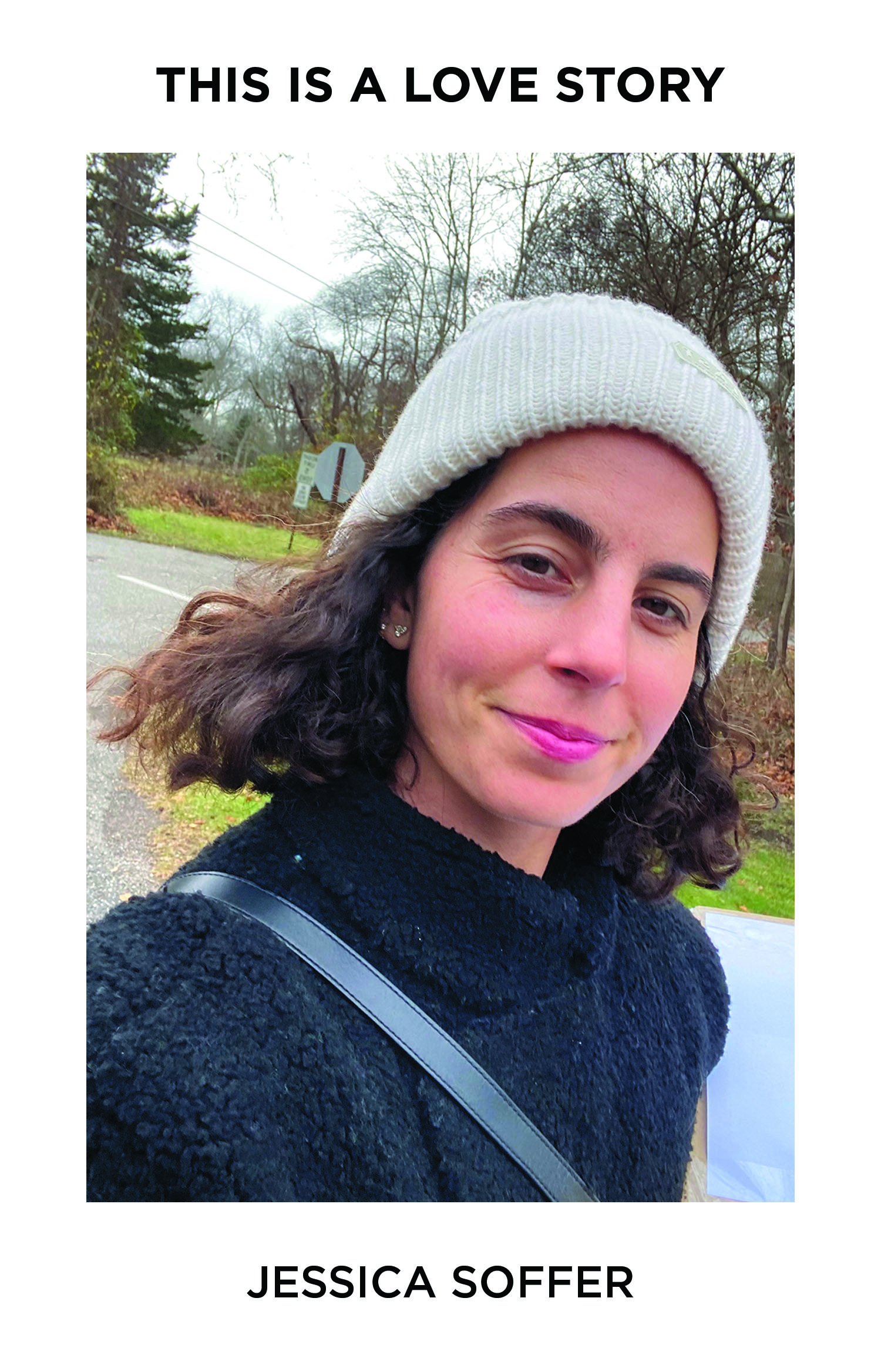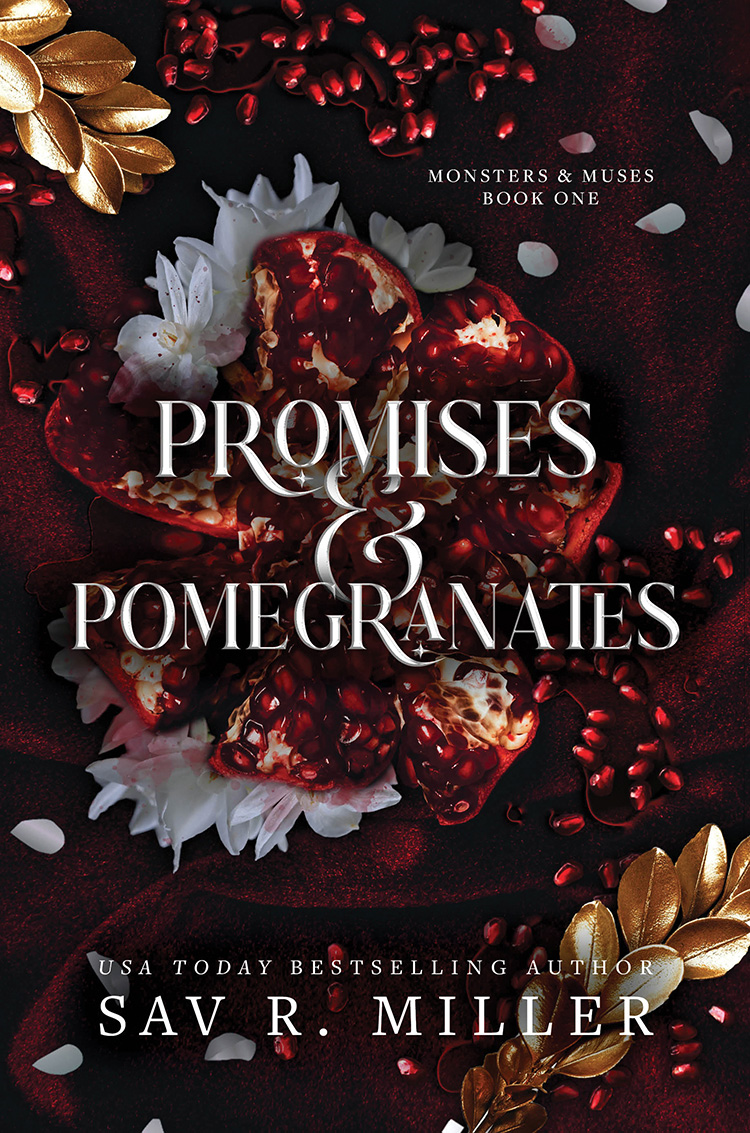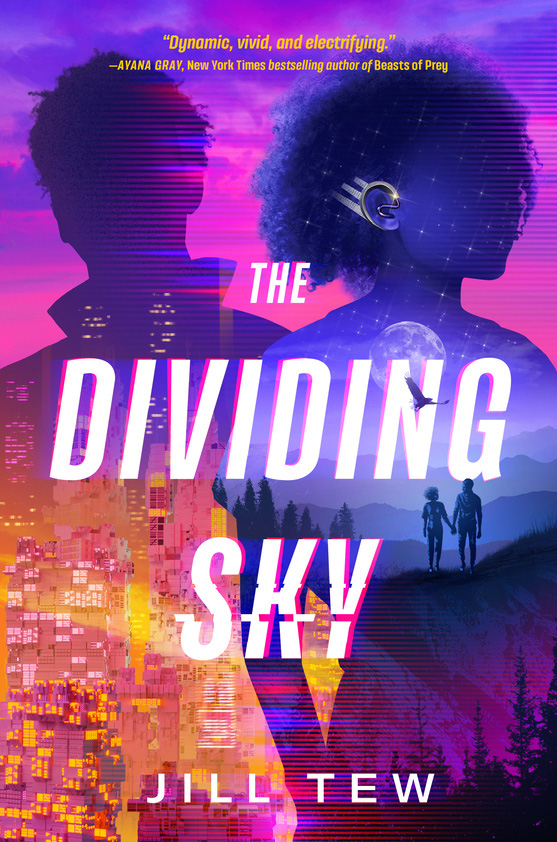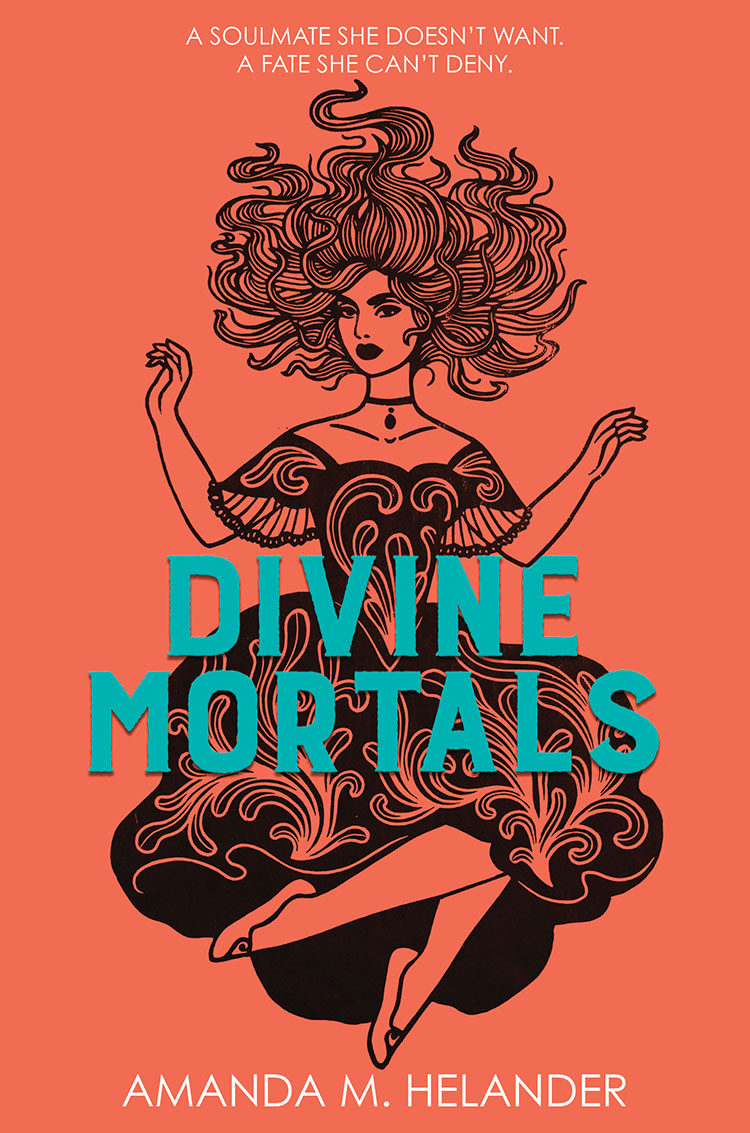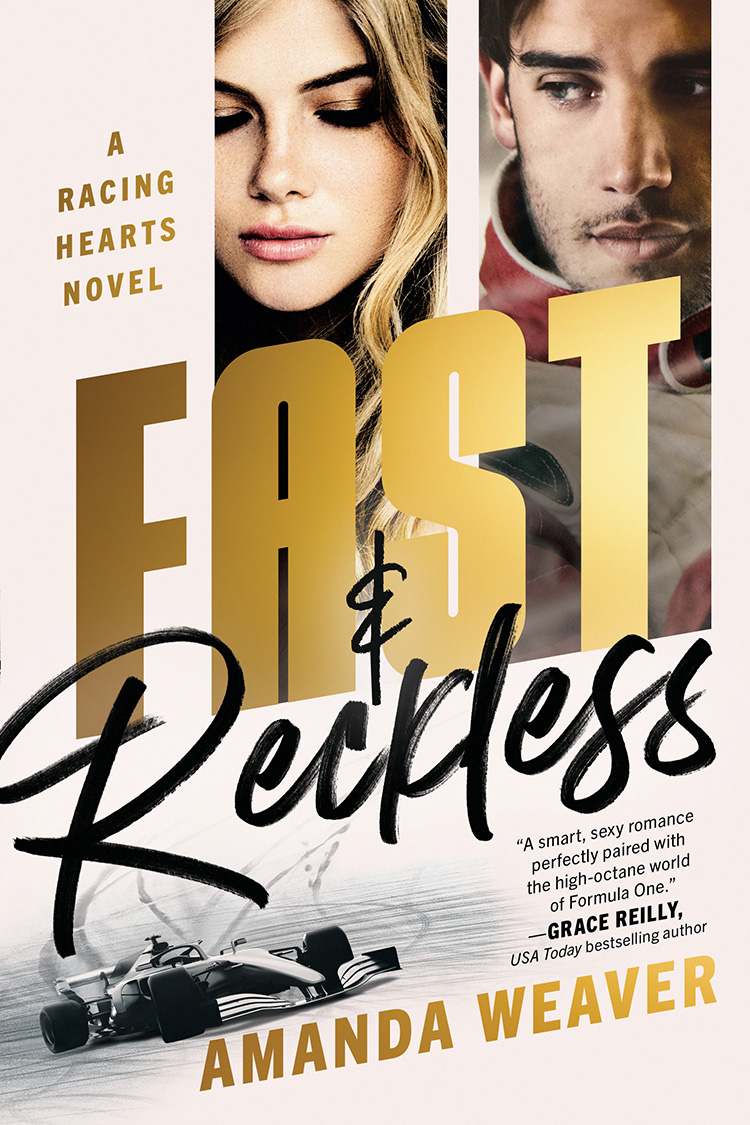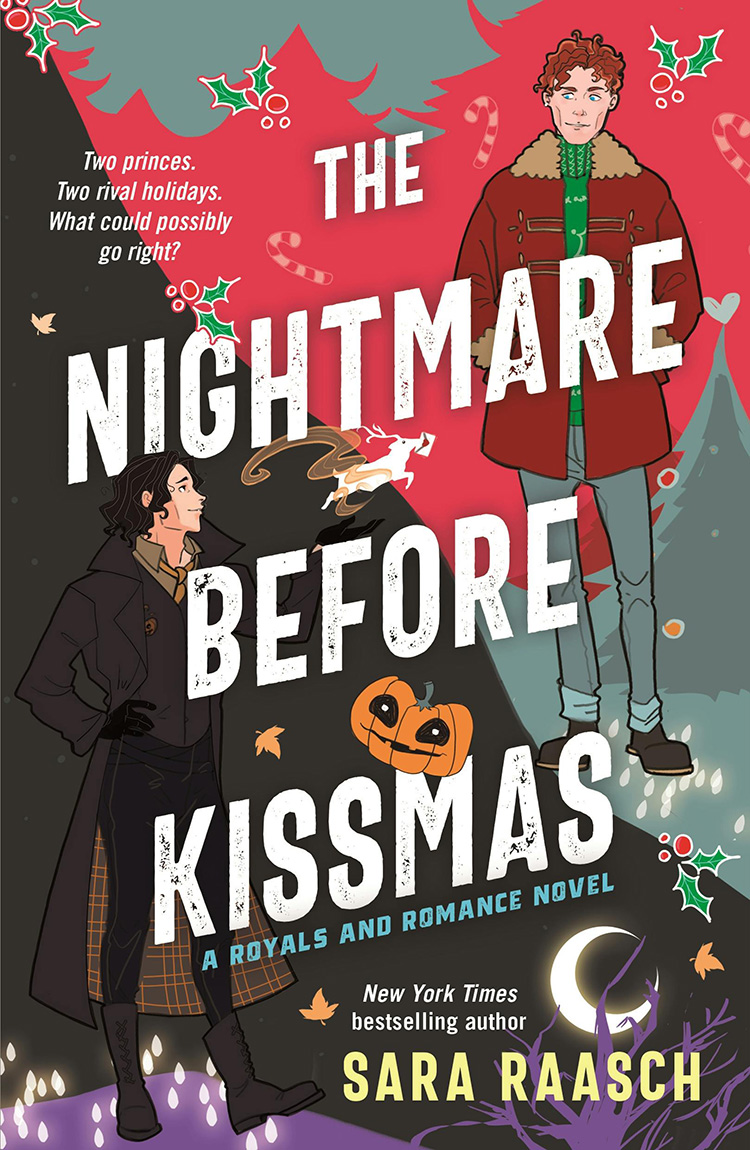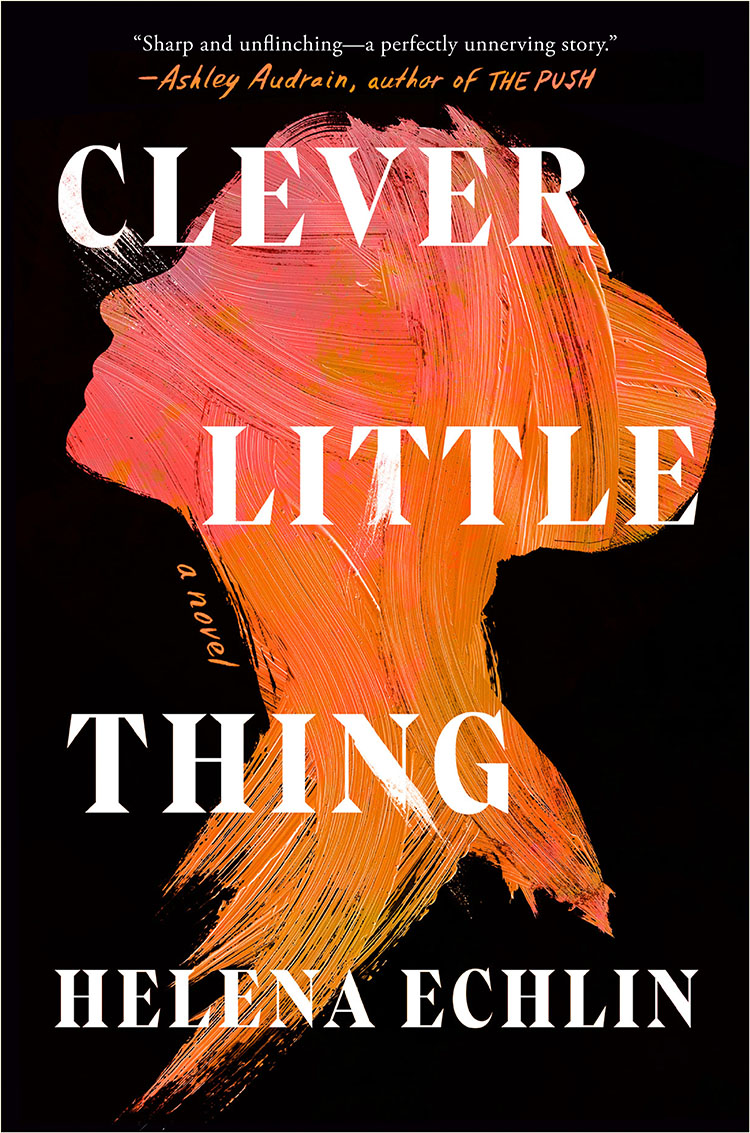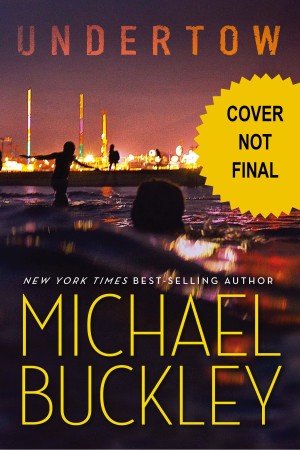
Undertow
Pub: May 5, 2015
HMH Books for Young Readers
Pre-OrderSixteen-year-old Lyric Walker’s life is forever changed when she witnesses the arrival of 30,000 Alpha, a five-nation race of ocean-dwelling warriors, on her beach in Coney Island. The world’s initial wonder and awe over the Alpha quickly turns ugly and paranoid and violent, and Lyric’s small town transforms into a military zone with humans on one side and Alpha on the other. When Lyric is recruited to help the crown prince, a boy named Fathom, assimilate, she begins to fall for him. But their love is a dangerous one, and there are forces on both sides working to keep them apart. Only, what if the Alpha are not actually the enemy? What if they are in fact humanity’s best chance for survival? Because the real enemy is coming. And it’s more terrifying than anything the world has ever seen.
Chapter Four
People talk about Coney Island’s pre-Alpha days like they were magical, like we all lived in the Disneyland of Brooklyn. They forget our “Disneyland” was really a garishly painted slum in a crumbling neighborhood with rampant crime, a busy sex trade, a methadone clinic, and a school system in the toilet. Sure, the Alpha didn’t help. They turned the place into a police state. But it’s not like we were all out in the streets singing “Kumbuya” the day before.
There’s also this idea that the Alpha caused all the weird racism and xenophobia, too, but whatever. This part of town was always a hotbed of racial sludge, and the various groups never played nice. The Chinese hated the Japanese, and the Jamaicans hated the Koreans, and the Mexicans hated the African Americans, and the Russians hated the Orthodox Jews, and the white people hated all of them. And sometimes, on very hot days, someone got stabbed because of the flag on his car. If America is a melting pot Coney Island is the overcooked crusty stuff on the bottom of the pan.
It shouldn’t come as a surprise to anyone that our memories of the place are a little distorted. Back when I had time for books, I read a poem that described memories like clay—malleable and squishy and easily molded into whatever you needed. Over time, people sculpt their miserable experiences into something more esthetically pleasing, stretching the interesting moments, and kneading the uncomfortable facts. What they end up with is no longer a memory but a story, and the two rarely resemble one another. The story of the Alpha’s arrival is just as sculpted. Some still call it an invasion, an act of war, even a sign of the end of days. I can’t say that my story is any less convoluted, but I was there when it happened. I saw it first hand, not on television and not on some Internet site. And I think my version has more merit than most because I know something that most people do not: the Alpha actually arrived the night before the world went crazy.
It was the first night of the summer break between my eighth and ninth grade year, the night when the wild things ran loose. That’s what Bex used to call us and that night was our Wild Rumpus. We drank. We hooked up. We launched bottle rockets into the sky, motored down streets assaulting the neighborhood with bone-rattling bass-lines. Anyone who disagreed with us could go to hell.
I ran with Bex and Shadow, the centers of my known universe even back then, and we had twenty kids following our every step. We crashed parties and chugged beers in parking lots, and I flirted with boy after boy after boy. Anything we missed was reported to us in texts, tiny bite-sized dispatches from the front lines of stupidity. Someone threw-up on a cop, so-and-so made out with so-and-so, and this person got into a fight with that person. By midnight we had hundreds of texts, each a blossoming legend of teenage debauchery we knew we’d talk about for years to come. I remember that a sophomore named Jessie Combs woke up under the boardwalk spooning a hobo.
I drank up the hot June heat, endless spectacle, and noise until my brain rebelled and a migraine showed up around midnight to spoil my fun.
“Bad head?” Bex asked when I sat down on a vacant stoop.
“Bad head.” The steady pounding had started hours earlier but I shoved it down and hoped it would die from lack of attention. Unfortunately this headache had a tenacious rhythm that grew and grew.
“C’mon, we’ll take you home,” Shadow said.
The hangers-on groaned with complaints. Bex and Shadow should have been pissed at me, too; after all I had ruined lots of good times with my “condition,” but Bex turned on the others, firing off insults and demanding their allegiance to me. Bex = besty.
“Drop me at the beach,” I said.
“Will she be there?” Bex asked.
I nodded. She was always there.
Bex grabbed my hand, Shadow the other, and we ran toward Surf Avenue, dodging the livery cabs that sped past at all hours of the night and zigzagging through the pervy drunks who milled in and out of the seedy bars. At the old wooden boardwalk ramp near the Wonder Wheel we ignored the “park closed” sign, and rushed to greet the Atlantic Ocean. I took in a greedy breath of salty air and anticipated the relief. The beach would fix everything.
As I predicted, we found my mother sitting cross-legged on the sand, her flip-flops tossed nearby, and her hair tied back with a band. She was a beautiful Buddha, hypnotically gorgeous with olive skin, full-lips, and eyes both blue and smoky. Her body, like mine, was tall, long-legged, and hippy like a belly dancer’s, but she didn’t have an ounce of the insecurity that plagued me. She loved her body and it showed. Another’s perceived flaw was her dazzling asset, and thus she was the cause of much rubber necking in our neighborhood. People fell in love with her at first sight. Even her walk, a danceable jig that made small children giggle, transcended goofy into oddly seductive.
“Can you sign for this package?” Shadow asked.
My mother frowned. “Your father would have a contraption fit if he knew you were out this late,” she said.
“It’s a conniption fit, mom,” I said.
The group chuckled.
“I’m always messing up words,” she apologized. “Migraine?”
I nodded. “Probably an F3.”
“Oh. Well, sit down.”
My mom looked to Bex. “Can you all get home safely?”
“We could if that was where we were going,” Bex replied with a wink. She pulled her phone from her pocket and sorted through texts, stopping on one that produced a mischievous grin. “There’s a party at Samuel Lir’s house. His parents are in the city at a play. You game?”
“I am,” Shadow said, dutifully.
“Don’t wreck his house!” my mother called after them. “His dad is a friend!”
Bex blew me a kiss. “Feel better.”
Shadow reached into his pocket and waved his phone. “We’ll post pics.”
When they were gone I plopped down next to my mother and leaned back, allowing the water’s roar to blow through my hair. The sky was clear, the ocean an inky black canvas brush-stroked with yellow moonlight.
“I’m ready,” I said as I pressed my hands together in anjali mudra.
“You are not ready.” She rolled her shoulders and then her neck. “You have to be here to practice.”
“I’m here.”
“You are not here.”
I growled. Sometimes her Zen was intolerable, especially when my need for relief was so urgent, but she was the expert and there was no arguing with her. At the time she taught meditation and yoga classes on the beach and had dozens of clients, some of whom traveled all the way from the Upper East Side, an hour-and-a-half trip on the subway, to take her fifty-minute class. She knew her way around the om so I surrendered to her wisdom and clamped my eyes shut. I inhaled deeply and followed her instructions, imagining the air flowing into my limbs, my diaphragm, and my pelvis. I directed it into my belly and steered it down my legs and into my toes until my breath and body were one and the same. Soon I felt a tap on my shoulder.
“Now you’re here.”
And I was. We got on our hands and knees and pressed the balls of our feet into the damp sand. I eased into the child’s pose and, oh man, that felt good. To this day yoga on the beach is the best medicine for my migraines, better than teas or aspirin or acupuncture. Even better than the Novocain injections I got when I knocked my front teeth out the day I fell off my bike on the Marine Parkway Bridge. Each new pose—the downward dog, the mountain, the pigeon—sent me to the creamy vanilla bliss of a quiet mind. Om kicked the crap out of my migraines every time. I miss om.
When we finished we sat on the sand, lazy as cats, and watched the crews put the amusement park rides to bed. I fell asleep at one point and woke with her hand on my shoulder
“Your dad won’t sleep forever,” she said, signaling that it was time to get back. We helped each other to our feet and retrieved our kicks, but we hadn’t taken more than a couple of steps when we heard a rumbling coming from the water.
“What is that?” I asked as I peered out into the water, unable to imagine what had created something so loud. I suspected a humpback whale. A few had beached themselves over the years, but this sounded more rhythmic, more a deep plucking than a whale song, and the sound was getting louder.
My mother was stone still, her eyes locked on the waves, and her face more serious and focused than I had ever seen it. Without her smile she was almost unrecognizable but I had no time to question her. Like a sonic boom, the sound became a trumpeting roar so loud I nearly fell over. I took a step closer to the water, desperate to see what was out there but my mother grabbed my wrist and pulled me back, hard. Her grip was so strong I cried out, shocked at the pain. It felt like my arm was about to come out of its socket.
“Mom, you’re hurting me!”
“Wait here,” she ordered then took off like a shot, diving into the waves with outstretched arms, and disappearing into its black unknown. For the longest time there was no sign of her at all and in my growing panic I charged in after her until I was waist-deep. I shouted her name until my throat was raw, but when I still could not find her I went into hysterics. I was sure she had drowned. I ran back to the beach for my cell phone to call my father but quickly realized I had burned out the battery with all the texting. I was helpless and alone.
After several excruciating minutes she finally surfaced a few yards away but everything that was Summer Walker had changed. What came out of that water looked like my mother but seemed more like a cornered animal.
“What’s out there? What did you see?”
“We should get back to the apartment,” she said, and without another word she turned and led us home. I begged for answers the whole way, but she refused to speak of what had just happened and as soon as we were home she locked herself inside her bedroom.
“Mom?” I called out through the door.
“Go to bed, Lyric,” she whispered back. “You’ll wake your father.”
My dreams were brutal that night. In them my mother fought against a hungry sea with waves like greedy hands pulling her down into its dark, insatiable maw. I dove in to rescue her but only found myself pulled in as well. In the morning I woke shivering, my sheets soaked with sweat. I changed and charged into the living room, ready to demand answers but my mother was gone. Instead, I found my father leaning on the kitchen counter, his face buried in a letter in my mother’s handwriting. He didn’t notice me at first, but when he caught me sneaking a peek he crunched it into a ball and shoved it into his pocket.
“Is that about the whale?” I asked.
“Huh?”
“The noise from last night. It was crazy loud. It could have been a whale. Maybe it’s still there. Maybe we should go down and see.”
“NO!” he commanded. “I want you off the beach today.”
“Okay, you don’t have to yell!”
“What did your mother do when she heard it?”
“She jumped into the water.”
His face went pale, and I felt I had somehow betrayed her, though I couldn’t tell why.
“Dad? What’s wrong?”
He ignored me. He reached into his pocket, pulled out his phone, and dialed a number.
“Mike, it’s me. I’m not coming in today. Yeah, I’ve got this thing in my chest,” he said, not even bothering to fake a cough or the sniffles. I was stunned. My father never took a day off from work. He always said we couldn’t afford it, and our collection of “as-is” IKEA furniture was proof. Being one of New York’s Finest also made him one of New York’s Brokest, and he dragged himself into the precinct when most men would be planning their funerals.
“Stay here,” he said when he hung up. “Keep the door locked and your phone near you, and stay off of it. If anything happens, I’ll come home right away. Wait for me.”
“What could happen?”
“If your mother comes back, keep her here and call me. Do not let her leave this apartment.”
He raced into the bathroom and I heard him take the lid off the toilet tank. Curious, I followed him and saw that he was pulling a storage bag from inside. It was filled with money. He reached into it, grabbed a handful, and stuffed it all into my hands. It was more cash than I had ever seen - fifties and hundreds - easily a thousand dollars. The rest he put back where he found it.
“What is this?” I cried.
“For emergencies,” he said as he darted to his bedroom.
“What emergencies?” I shouted but was again ignored. Through the open door I could see him pulling on his work shirt and strapping on his gun belt. A moment later he was taking his pistol out of its lock box under the bed and shoving it into its holster.
“Dad, why do you need your gun if you aren’t going to work?” I asked, but he didn’t answer. He blasted through the front door and was gone.
I had my shoes in my hand before the door closed. I had heard what he said but I wasn’t having any of it. The way I saw it he was only in charge as long as he was sane, and something crazy was clearly taking place. I skipped the elevator and flew down four flights, hoping I could stop him the second he hit the lobby, but when I got there he was gone. I dashed into the street, craning my neck in both directions, but he was nowhere in sight.
I stood in the middle of the road concocting horrible scenarios. My mother had left my father. The note was a “Dear John” letter. It had sent him over the edge. He was going to stop her, maybe even kill her. I was going to be an orphan.
Yes, a little dramatic, especially in light of the fact that my parents were desperately, disgustingly, embarrassingly in love. They were so into one another, it was gross. I couldn’t count how many times I had walked in on them and their baby-making practice. No way my mom would leave him, and no way my dad would hurt her, right?
But then my brain reached into its hard drive and found about a hundred stories my father had shared about arresting some husband or wife who had snapped and killed their spouse.
“No one saw it coming,” was how he ended every one.
So, yeah, I was flung back into freak-out mode. I ran up and down the beach looking for them. I snooped around the minor league baseball stadium and explored the end of the pier where the Mexican kids used raw chicken legs as bait for crabs. I searched the streets and alleys like a lost kid in the supermarket fighting back hysterics. Eventually I was too tired and overheated to keep looking, so I made my way to a bench outside of Rudy’s Bar and pulled out my phone. With nothing else to do, I resorted to a strategy that had always worked for me in the past - passive-aggressive texting. The first text went to my mother.
GOOD MORNING. IT’S UR DAUGHTER. REMEMBER ME?
When I didn’t hear anything, I cut back on the passive and amped up the aggressive.
WHERE THE HELL R U?
Cursing had always been the right bait for a quick callback, but ten minutes passed without a reply so I turned my frustrations onto my father.
IS EVERYONE ON DRUGS?
Nothing. It was time for something more drastic.
I’M PREGNANT AND I’M KEEPING IT.
After ten minutes without a peep, I just couldn’t hold back the tears.
BOTH OF U R GROUNDED.
I pulled myself together and decided the best thing I could do was go home, after all. Maybe Mom would show up. When she did, she could tell me this was all a big nothing. We’d have a good laugh. It would be a story they’d tell when I was an adult: The time Lyric thought her father was going to kill me. Ha, ha, ha! I was all set to go when I noticed a group of people on the beach. I counted nineteen of them, all walking hand in hand toward the surf. When they got to the water’s edge, they knelt down as if to pray. At first I didn’t think much of them. It wasn’t unusual to see congregations on the beach back then. People got married there, baptized themselves and their squalling babies, and even launched little canoes full of flowers and candles, meant to sail to the dearly departed in the afterworld. But this group was different because my mother was with them.
I hopped the tiny fence that lined the beach and ran to her side. When I reached her, I bent down and saw the same worried gaze from the night before. She was transfixed on the ocean, and it took me several seconds to pull her out of her trance.
“Lyric, go home,” she begged, suddenly frightened. Her eyes were wild, her pupils dilated. She took my hands in her own and I could feel she was trembling.
“Why? What is this? Who are these people?”
“Don’t question me. Just go!”
I took a step back. My mother had never raised her voice to me before, even when I deserved it. I had no frame of reference for her fury. It confused me, froze me where I stood. We caught the attention of a woman kneeling beside her, a tall beauty with platinum hair. She turned toward us and shot us a wrathful glare, then barked threateningly -- yes, barked, like a dog, or rather like the deep-throated sea lions at the aquarium. It was loud and ridiculous and shocking, so I laughed, because that’s what you do when a crazy person does something crazy and you’re feeling a little crazy yourself. It only made the woman howl at me louder.
“Lyric, please,” my mother pleaded. “Just go!”
“But –”
We were interrupted by the loud, vibrating sound that I’d heard the night before. In response, a man in the group cried out in excitement. He leaped to his feet and pointed toward the waves, but I couldn’t look. I was too astonished. The man was Mr. Lir, a guy who had babysat me, had put bandages on my bloody knees, and had taken me and his son Samuel to the Bronx Zoo every summer until I was ten.
“Lyric, go, now!” my mother said, as she and her friends got to their feet. They linked their hands together and raised them over their head, facing out at the horizon.
“They are her!” Mr. Lir shouted.
I turned my eyes to the water and my throat was seized by dread. There were people rising out of the surf, about fifty of them. Yet they were not people. They were something else. Each was easily over six feet tall, with skin like a copper penny and dressed in bizarre armor made from bones and shells. Each held a weapon—tridents or spears or huge, heavy hammers—and they waved them around aggressively. Behind them was a second wave of people who were not as hulking as the first group, but just as intimidating. They held no weapons because theirs were in their bodies, vicious blades that came right out of their arms. Two men from this group were at the center and stood out amongst the rest. One had a shaved head and wore a goatee sculpted into a point beneath his chin. The other had long, golden hair like a lion and wore sea glass around his neck and hands. With them was a woman whose breathtaking beauty seemed to multiply with every step she took toward me, yet there was something unsettling about her as well, something predatory and vicious, like a Great White shark hiding in the body of a woman. To her right was an elderly woman wearing what would best be described as a nun’s habit, only made from the skin of some dark-furred animal. It covered her entire body exposing only her face and hands, and “the habit” formed a strange hammerlike shape on either side of her head.
And then there was the boy. He was about my age with hair cut short and eyes both blue and bright, eyes that burned a glowing echo I could see when I closed my own. He looked lost and confused, troubled by what he was seeing around him, like he was seeing the world for the first time.
Behind him came others who were far more strange and whose names I would learn later: the Nix with their teeth and claws, the quietly confident Ceto, and the Sirena whose every emotion was revealed with colorful scales. There were some I haven’t seen since that day—translucent-skinned ones and people with tentacles for limbs. All of them were in a state of metamorphosis. Tails became legs. Fins sank into flesh. Gills vanished, causing their owners to choke on their first breaths of air. There were elderly creatures and babies, teenagers, and families, all climbing onto the beach, eyeing us with wide-eyed wonder. At first they numbered in the hundreds, then thousands, until eventually I could no longer see the sand for all the bodies.
Panic broke out all around me. Sunbathers abandoned towels, coolers, and chairs. They trampled one another to get away, and children became separated from parents. Yet in the chaos I heard someone calling my name. I searched the crowd, careful not to get knocked over in the rush, and spotted my father sprinting toward us with his gun in hand.
“Summer! You promised Lyric would not be part of this!” he shouted.
“It’s not my fault. She found me, Leonard!” my mother cried. “Please take her home.”
“We’re all going!” he demanded.
My mother pulled away from him. “You know I have to do this. I have a responsibility to them.”
“What about your responsibility to us?” my father said.
“Will someone please tell me what’s happening?” I screamed.
Mr. Lir pushed his way through people to join us. “Summer, send your family away. It is not safe for them to be here.”
My father waved him off. “It’s not safe for any of us, Terrance. People will take pictures of this—they’re taking pictures right now—and if we stay on this beach any longer, we are all going to be in them. They’ll figure out what you are, what Samuel and Lyric are, and they’ll come for them. They’ll come for all of us.”
“What did you say?” I cried. “What am I?”
“I’m sorry, Lyric. We didn’t know how to tell you,” my mother said, and as she took my face in her hands I saw faint pink- and rose-colored patches appear on her neck and forearms. They were scales, like those on a fish or a snake, both beautiful and terribly wrong.
I shrieked and fell backward. “What are you?” I cried.
“We can explain later, Lyric,” my father cried. “Right now we have to get out of here. Summer, come with us.”
My mother stared at him for a long moment, perhaps weighing every day of their life together against the responsibility she felt to the strange visitors, and then she turned to the ocean and her scales turned fire-engine red and blistering white.
“Tell them I’m sorry, Terrance,” she said without even looking at him. “Try to make them understand.”
“Summer, you cannot turn your back on your people,” Mr. Lir shouted. “They’ll call you a traitor. You’ll be an untouchable!”
“We have to run,” she said as she took my hand.

